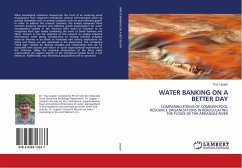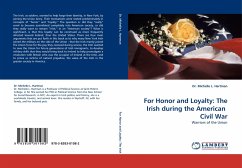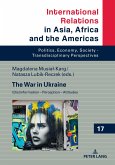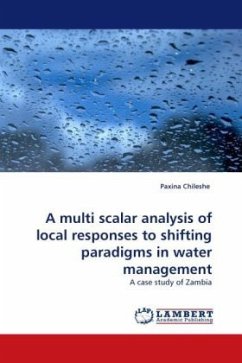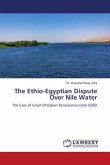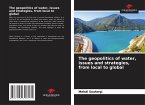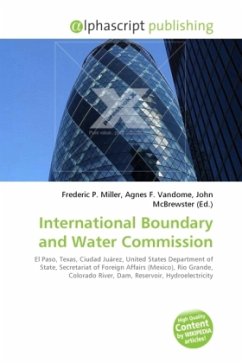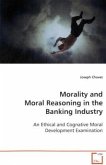What sociological attributes characterize the form of an enduring social organization that empowers individually rational self-interested actors to provide themselves with a common property resource and collective good? In order to address this research question, the analyst compared three common property resource and collective goods organizations for water management located in the Arkansas River basin of Colorado to an integrated ideal type model combining the work of David Freeman and Elinor Ostrom. It was the objective of this research to employ empirical observations while giving consideration to existing common property resource theories in an effort to formulate new theory. Implications for policy and theory are also addressed in this dissertation. The conceptual "ideal type" models do identify variables and relationships that can be associated with success and failure of social organizational experiences in the Arkansas Valley. The empirical observations of the three valley organizations do support aspects of the conceptual models found in the literature. Additionally, new theoretical propositions will be advanced.
Bitte wählen Sie Ihr Anliegen aus.
Rechnungen
Retourenschein anfordern
Bestellstatus
Storno

